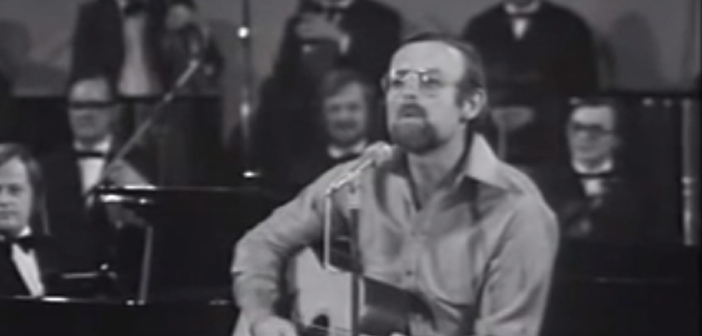Reason why a song titled “Rise Like A Phoenix”
Ms. Conchita sings touches the heartstrings of listeners
- Video with Japanese lyrics -
Ms. Conchita sings touches the heartstrings of listeners
- Video with Japanese lyrics -
I think this song is not only about a song of a broken- hearted woman who has stood up again but it connotes an immeasurable scale of intention of deities, as Serena has seen through it. So the last phrase “But you’re my flame” might mean that “you’ll burn up with fire of love.”
It is said that if the devil touch the
vibration of love, they writhe in great agony just like burned badly. I have seen an image in which when a priest
aspersed with holy water an evil spirit possessing a human, it suffered a lot to
the point of fainting. In this sense, I
think it can be safe to say that this song reveals what is going to happen in
the world from now on.
Masatoshi
Takeshita
May
18, 2014
Serena (translator of English lyrics into
Japanese):
They say that a song “Rise Like A Phoenix” was written specifically for the Eurovision song contest in which Conchita sang.
They say that a song “Rise Like A Phoenix” was written specifically for the Eurovision song contest in which Conchita sang.
I got a translator’s
block when I was going to translate the last phrase “But you’re my flame.” “Flame” means flame as it is
but by further extension it means “intense passion” or “sweetheart.” If it is just a song of
recovery from lost love of a woman who was abandoned by a man, this part
can be interpreted as indicating that I still love you: Look at me rising like
a phoenix and going to fly and I still love you. However, this song sounds extremely grand and
why does the song touch the heartstrings of listeners
this much?
If this is not a love
song but a song representing the disadvantaged who have been oppressed in this
world, this “flame” has a significantly different
meaning; however badly I am treated, I won’t give in and I will rise like a
phoenix out of the ashes and burn you with its flaming wings.
And if so, the phrase of “But you’re my flame” would have a nuance that “I’ll burn you
with my flame.”
In other words, my guess is that although this song sounds like a song of recovery of a
heart-broken woman (?), it is actually a song of declaration of war against
those who have oppressed humanity.
That’s because this song would not be allowed to
be sung on such a grand stage if such intention can be grasped clearly from the
lyrics.
I am impressed with the fact that this song
with such hidden intention is sung by Conchita appearing like a woman, though a
man.
Rise
like a phoenix – Version of love vengeance –
(with Japanese subtitles)
Songwriting by Charley Mason, Joey Patulka, Ali Zuckowski, Julian Maas
(Japanese translation by Serena)
Rise
like a phoenix – Version of undaunted spirit (Interpreted not as a love song
but as a song of rising up of the oppressed humans –
(with Japanese subtitles)
Songwriting by Charley Mason, Joey Patulka,
Ali Zuckowski, Julian Maas
(Japanese translation by Serena)


